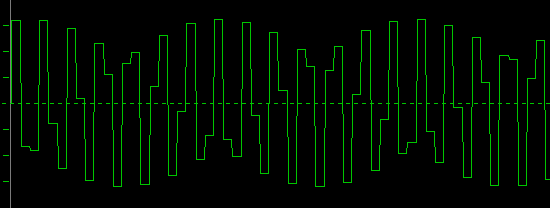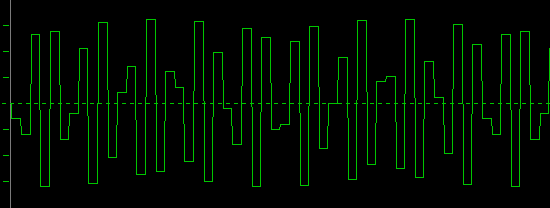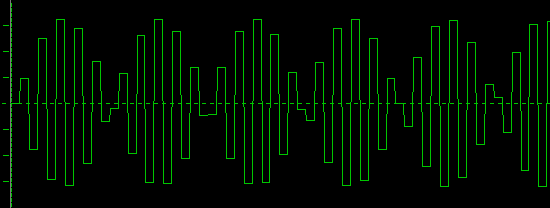Patrick82
Banned
- Joined
- Mar 1, 2003
- Posts
- 3,745
- Likes
- 18
Quote:
You're still not reading it correctly. The CD drive doesn't recreate the audio stream, it passes on the 0s and 1s at certain intervals (time) to the DAC, the DAC creates the audio stream based on data + timing. But if the data doesn't reach the DAC in a linear fashion you will get jitter!
It's the timing that is analog, and it can get interfered by many things before it reaches the DAC.
| Originally Posted by Sinbios Well, could you pull out some evidence where the CD drive actually "recreates" the audio stream, instead of just passing the bits to the DAC? |
You're still not reading it correctly. The CD drive doesn't recreate the audio stream, it passes on the 0s and 1s at certain intervals (time) to the DAC, the DAC creates the audio stream based on data + timing. But if the data doesn't reach the DAC in a linear fashion you will get jitter!
It's the timing that is analog, and it can get interfered by many things before it reaches the DAC.







